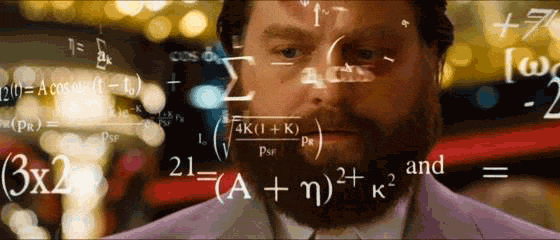TheWhat?
Ate all the treats
- Jul 3, 2021
- 1,297
- 532
- Country
- United States
- Faith
- Christian
- Marital Status
- In Relationship
Your response indicates this since it seems to bear no relevance to anything I said.
There is a flaw in this argument; my post was not about pure mathematics but an example of applied mathematics in physics.
By definition applied mathematics is nowhere near as rigorous as pure mathematics as 'proof' is not the objective.
Approximate solutions to the Navier Stokes equations are used extensively in physics ranging from climate models to how water flows in a pipe but exact solutions is one of the great unsolved problems in pure mathematics with a one million dollar reward to any mathematician who solves it.
Did I mention anywhere in my post about time travel or time dilation?

The subject is time. Are the future and past concretely real, or not? What is meant by "time" and who believes time is illusory: one who thinks change to be illusion, or one who disbelieves that the past or future are concretely real and cannot be traveled to beyond the normal passage of time?
Upvote
0

